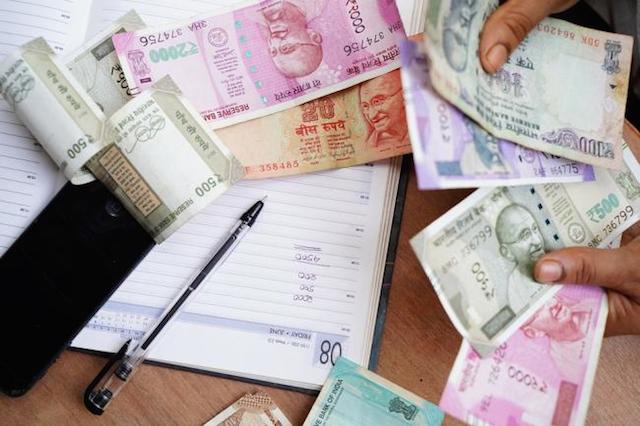
India's growth to remain in 7-7.5% range in next few years: PM advisory panel says
New Delhi, Jan 25 (IBNS): The growth is expected to be in the 7-7.5% range in the next few years, said the Economic Advisory Council to the Prime Minister said on Friday.
The Economic Advisory Council to the Prime Minister (EAC-PM) had a meeting on Friday and took stock of the state of the economy.
The Council endorsed that the macro-economic fundamentals of the economy are sound, but challenged remain, several of which are structural in nature, read a government statement.
While the prospects for world economic growth does not look very promising, particularly in the advanced economics, there is sufficient amount of growth momentum in emerging market economies. India is not insulted from global developments.
"Nevertheless, India’s growth is expected to be in the 7-7.5% range in the next few years; one of the fastest in the world," said a government statement.
However, with reforms designed to address the structural problems, growth rates can easily be enhanced by at least 1%.
Amongst the issues discussed by the EAC-PM were agricultural problem, investment trends (including investments by States consequent to 14th Finance Commission devolution), fiscal consolidation, interest rate management and credit and financial market issues.
The Council felt that the exchange rate management of the rupee by the RBI has been sound despit4e the volatility in the price of crude oil.
The good news is that oil intensity (use of fossil as a percentage of GDP) is showing a declining trend.
There are indications that financial savings have started going up and there is credit up tick through private banks to the services sector.
The reforms in the financial sector should be strengthened further building upon what the Government is already doing.
The Council felt that the challenge of insularity being seen in external trade should be reversed through supportive policy interventions because there is a positive turn in exports that are now visible.
The Challenges in the agricultural sector should be addressed by looking closely at credit flows and support to employment programmes like MNREGA.
The EAC-PM strongly feels that there should be no deviation from the fiscal consolidation target and but there must be continued emphasis on social sector intervention.
Amongst the challenges that need to be addressed are reforms in the agricultural sector, the MSME sector, skill development, credit issues, digital payments and the banking sector reforms.
The Government and the RBI should be complimented for sound macroeconomic management, and this trend should be continued with.
Support Our Journalism
We cannot do without you.. your contribution supports unbiased journalism
IBNS is not driven by any ism- not wokeism, not racism, not skewed secularism, not hyper right-wing or left liberal ideals, nor by any hardline religious beliefs or hyper nationalism. We want to serve you good old objective news, as they are. We do not judge or preach. We let people decide for themselves. We only try to present factual and well-sourced news.







